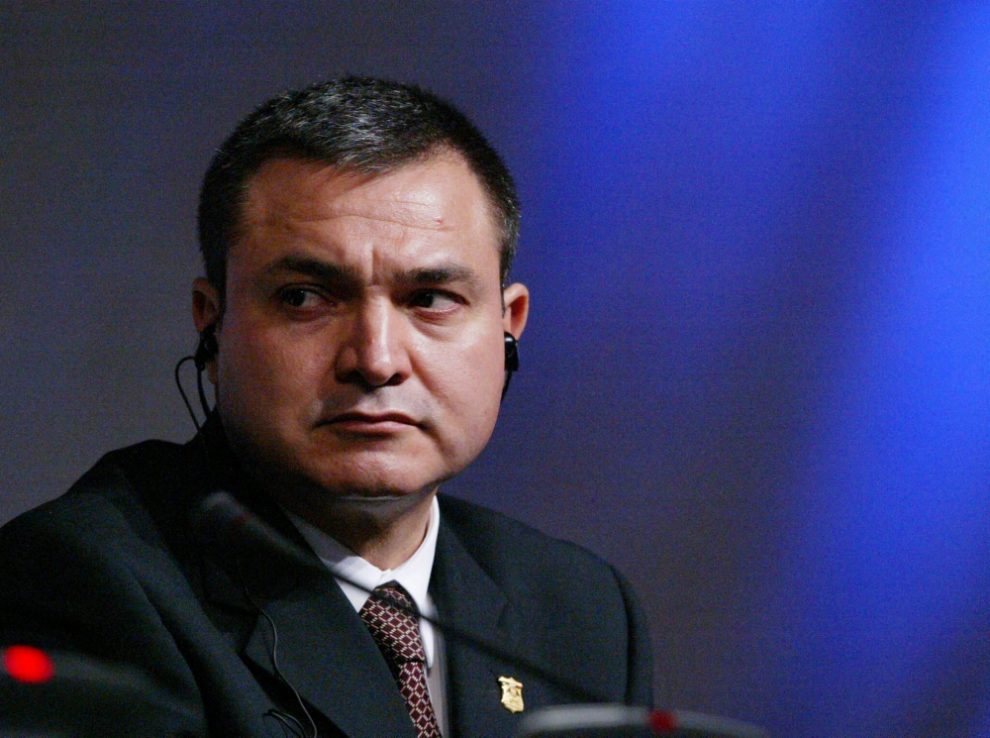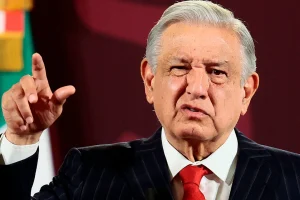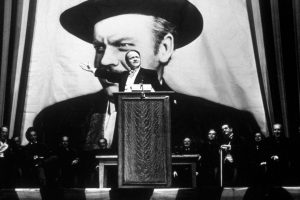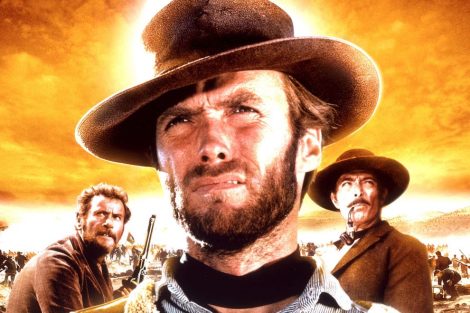On a couple of occasions I was able to exchange words with him. The first at the end of June 2011. A hundred of us were at Chapultepec Castle, moments before a kind of public dialogue in which the President of the Republic apologized to dozens of human rights defenders who rejected his strategy to fight organized crime.
The media attention was enormous. The tension too. Before Calderón arrived, while the activists reviewed his notes and the television crews did their sound checks, with his back turned to all of them, Genaro García Luna could not hide his nervousness. His face was bathed in sweat and he had a frankly disjointed expression.
–Don’t worry, Engineer, everything passes. And a little tip: don’t dry your face in front of the cameras. They’re going to love it.
Very long, surely eternal for him, the almost ritual event ended with a forceful political message: García Luna would continue to be the government protagonist in matters of security.
“All of us who make up the state are responsible and I agree that we must apologize for not protecting the lives of the victims, but not for having acted against the criminals… if I regret anything, in any case, it is not having sent federal forces to fight criminals that no one fought out of fear or was bought with them,” the president had said.
Neither the pressure from the media, nor the criticism of professionals from “civil society”, nor even the hidden intrigue of his peers within the power structure, managed to make “engineer García Luna” fall from presidential grace. Opposition and critics would continue to repudiate “Calderón’s war” and the “militarization of the country.”
The Mérida Plan, the coalition of economic, political and military forces inside and outside the country that supported the latest attempt to prevent Mexico from becoming a “Narco-State” had opted to wrap it up. Until the wheel of fate turned.
Accused of drug trafficking in a New York City court, García Luna will be tried by 12 average Americans, but not only will he be sitting on the bench: a large part of the Mexican political and justice system will also. Although his guilt is already beyond doubt for the holy court of the morning, his legal process is something much bigger than the character himself:
To begin with, he affects the current government itself and its determination to hand over full control of “legitimate violence” to the military apparatus. Even Lázaro Cárdenas Batel, the main adviser to President López Obrador, who, as governor of Michoacán, was the first politician to resort to the professional services of the engineer and his boss, his countryman Calderón.
But, above all, the legal process against García Luna reveals the brutal struggle for power within the interest groups that, within the United States, pull the strings of the CIA, the DEA, the Pentagon and all the other agencies.
I hope I learned something from the experience of having witnessed, as a reporter, various criminal proceedings in various US courts. Among them, in Houston (TX), the trial of Juan García Abrego –alleged operator of the “Los Pinos cartel”—; in Newark (NJ), the trial against Mario Ruiz Massieu – a member of the Mexican political elite, or in Los Angeles (CA), the White House scandal, or Citibank, in Washington, DC that revealed the rottenness of the United States financial system .
First, that it is a show. Both the design of the American judicial system, its educational function based on jurisprudence, and the liturgy of its legal culture, turn the process into a kind of Reality show aimed at demonstrating to its people the supposed reach of the long arm of Justice.
Second, behind the scenes, the judicial process follows a predetermined script to the letter that, as in any good play, requires histrionic talent, careful choreography and multiple rehearsals.
Out of the spotlight, it is a kind of market in which convictions and punishments are bought and sold. The evidence appears and disappears according to the development of the underground wars between those who move the strings of power. In this case, that of the engineer García Luna, the real mystery lies in discovering who, so to speak, “shits dead” (the obligatory complicity with the accused). The CIA, the DEA, the FBI, or the Justice Department bureaucracy?
And third: what is truly transcendent about the relationship between politics and organized crime – “the note” then – tends to remain in the shadows. Perhaps hidden in one of the thousands and thousands of pages that make up the defense or prosecution files.











